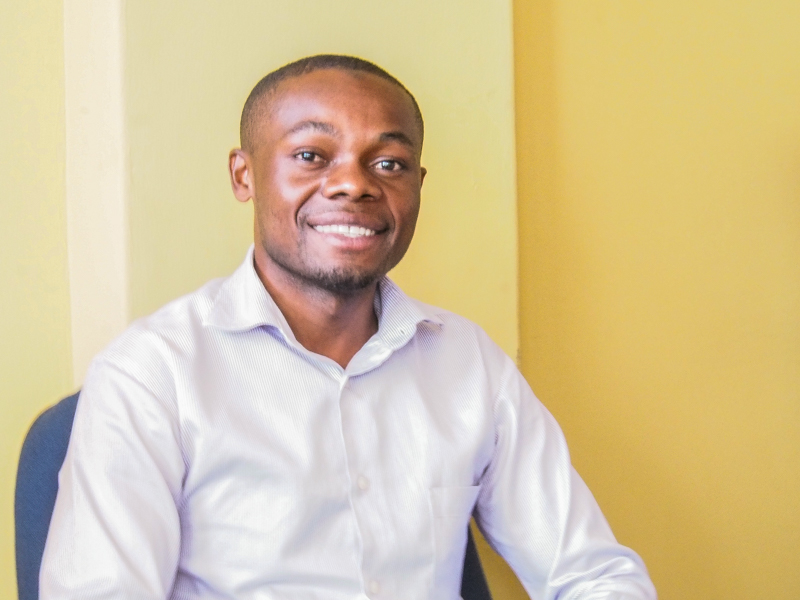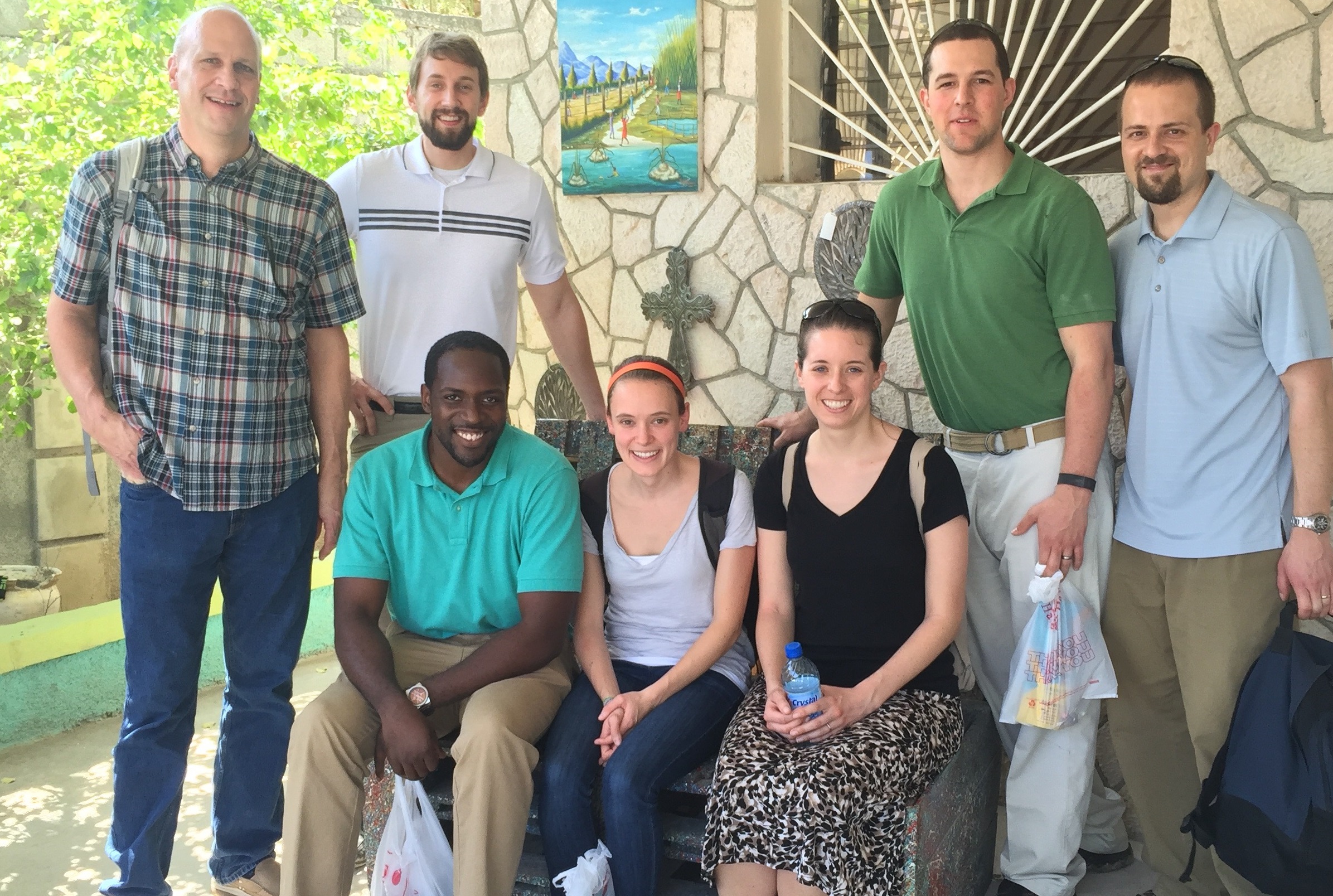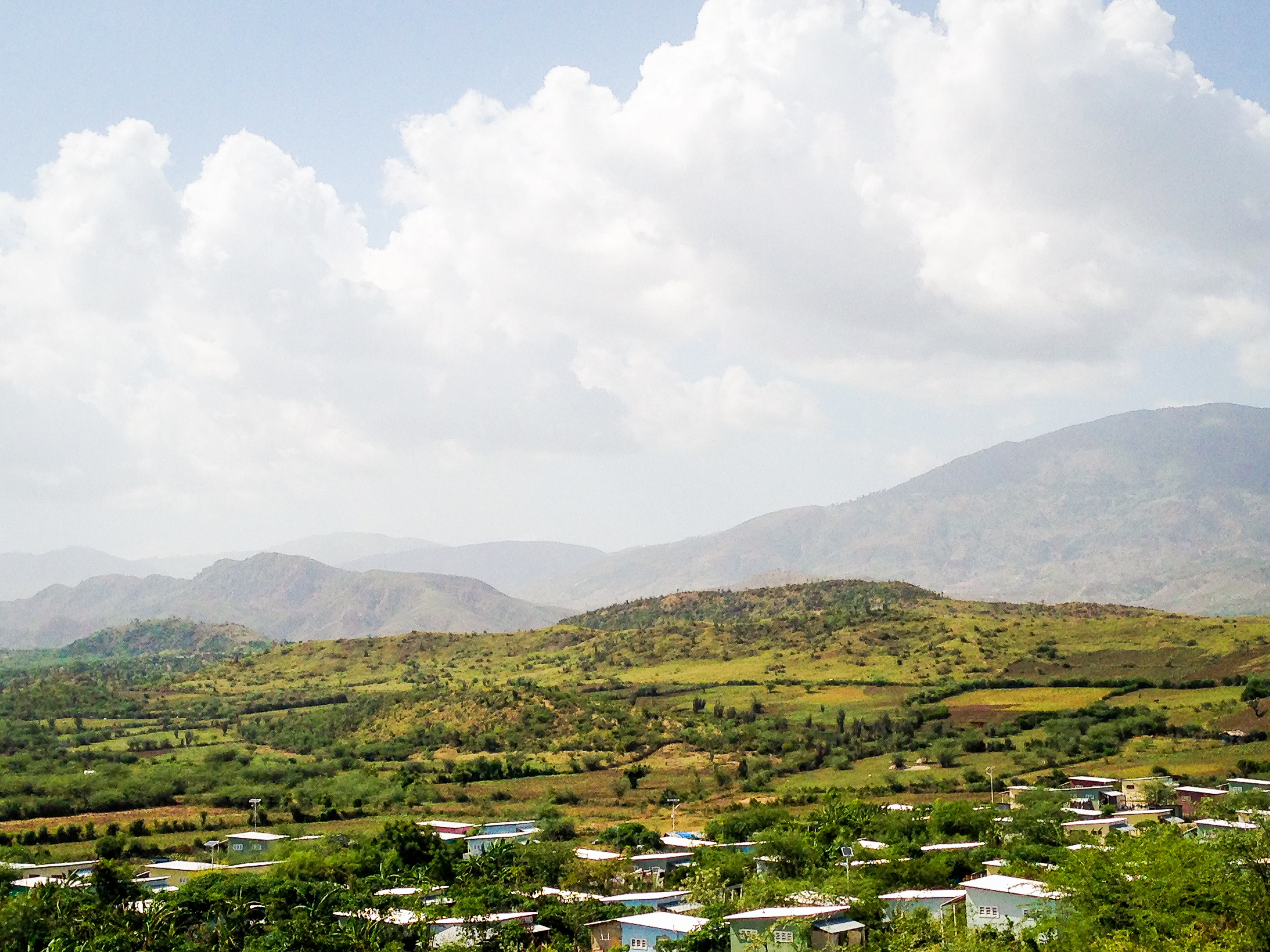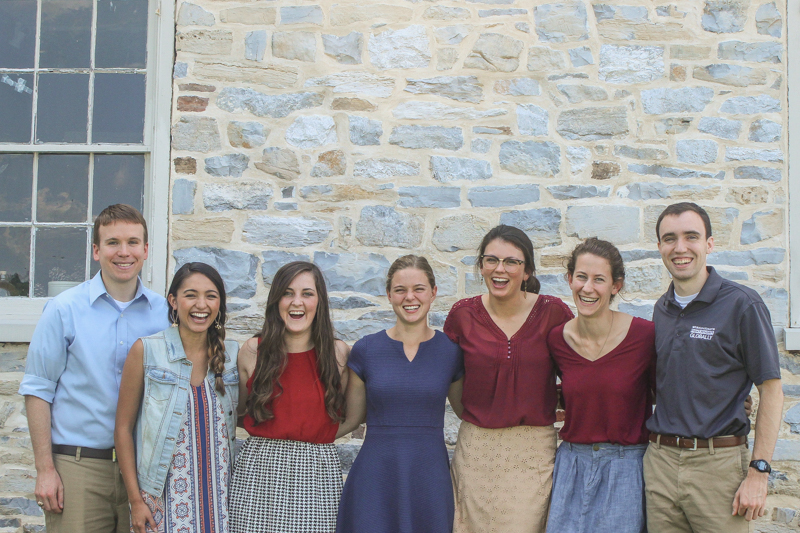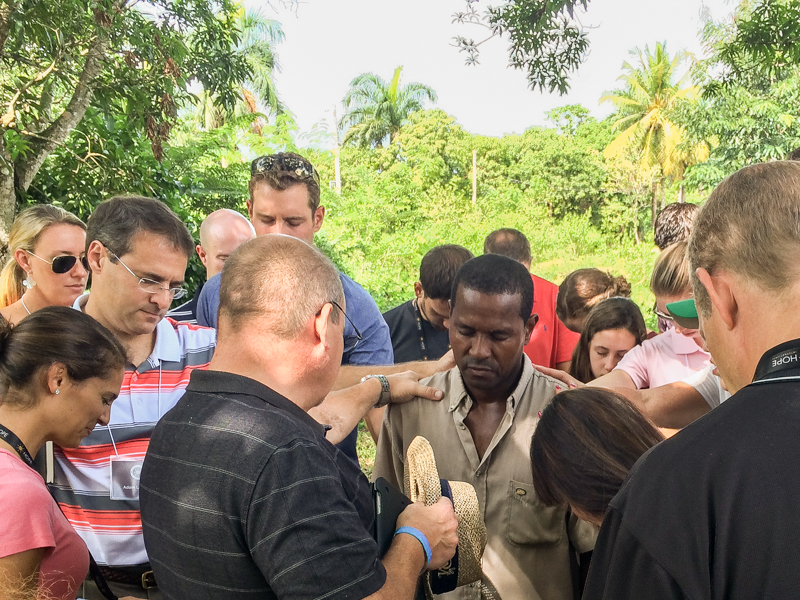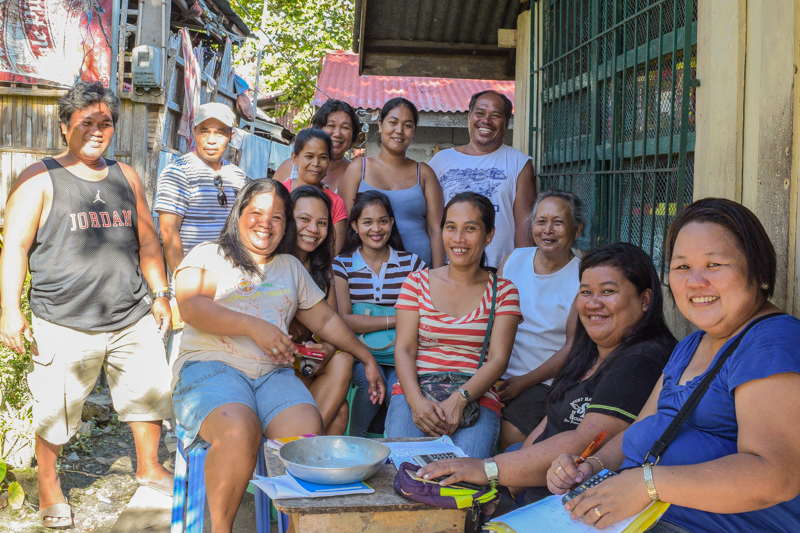by Willard Freedom Kaula
Every time people ask me what I do in life, I hesitate to respond. Not because I lack an answer—I have answered this question many times—but rather, I’m figuring out which response would best describe what I do. You see, I’m a field scientist by profession, an activist by passion, an artist by hobby, a Gospel worker by calling, and, most recently, a HOPE Malawi fellow by day. Of all the things I do with my time, it never occurred to me, not even once, that I would work with savings and credit associations (SCAs).
When I enrolled at the University of Malawi, I thought I would end up building a career in field sciences as an environmental expert. While in college, I served as chairperson for the Environmental Club and delighted in doing a good job there. However, it wasn’t until I joined the HOPE Malawi family as an SCA programs fellow that I began to realize the full potential I have in my God-given talents.
At first, I had a mixture of fear for the tasks ahead and also excitement for a new career opportunity. My fear was that my skills—accumulated in the domain of science—would not blend in with the work that HOPE and its partners do. But through prayer and mentorship, I’ve learned in my role that I can use all my talents to achieve the mission of investing in the dreams of families in the world’s underserved communities!
Through my involvement with HOPE, I have come to know that there are four relationships that must be maintained—with God, with myself, with others, and with God’s creation. Learning from Romans 1:20, we see the invisible qualities of God—His divine nature and eternal power—through things created by Him. I’m grateful that my studies in environmental sciences have improved my knowledge of God in this way. However, I would not appreciate the full ministry of reconciliation (2 Corinthians 5:11-21) entrusted to me if God did not give me a chance to serve others around me. I was made for stewardship of valuable things, to care for nature, people, and the spiritual needs of myself and others around me.






